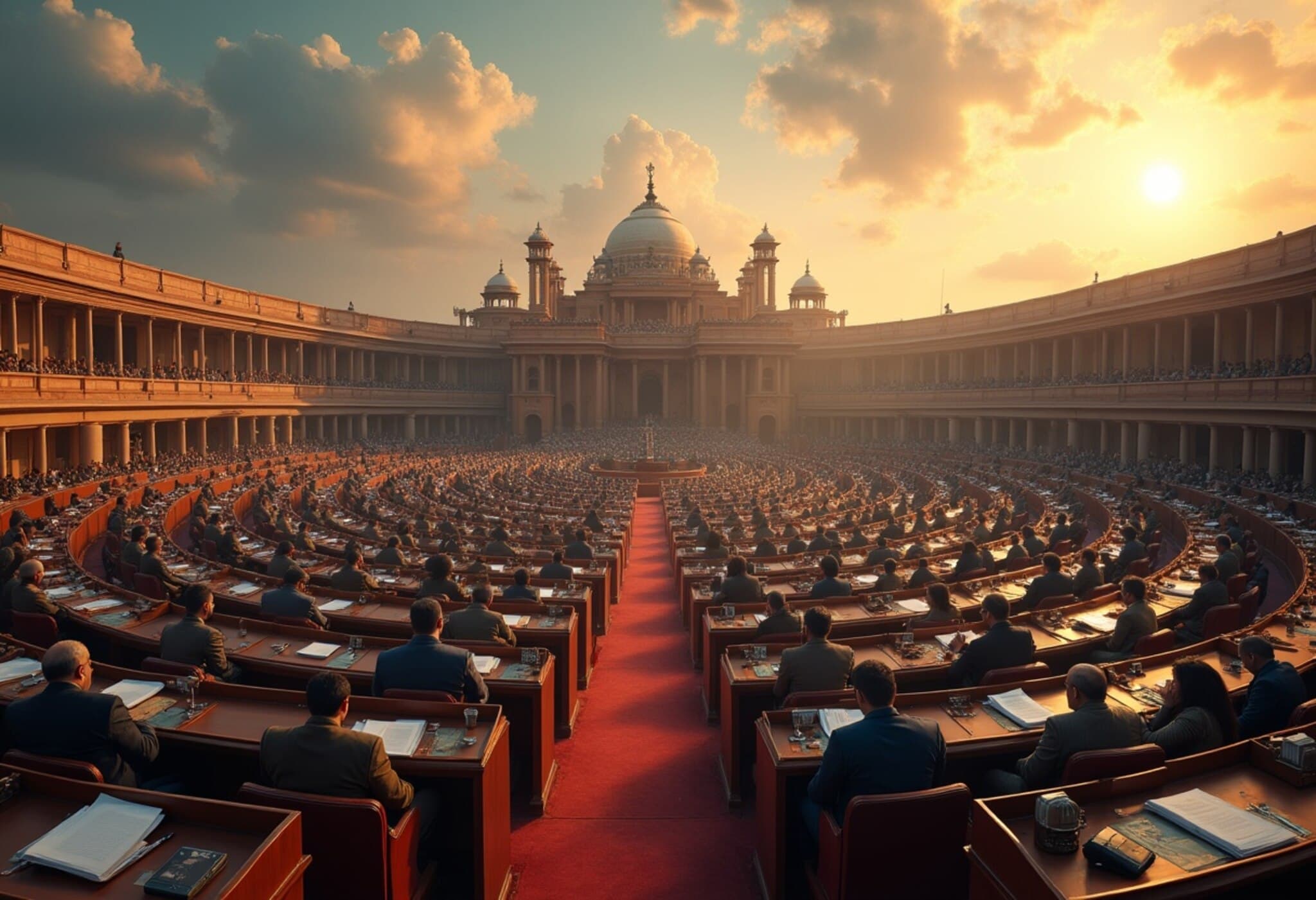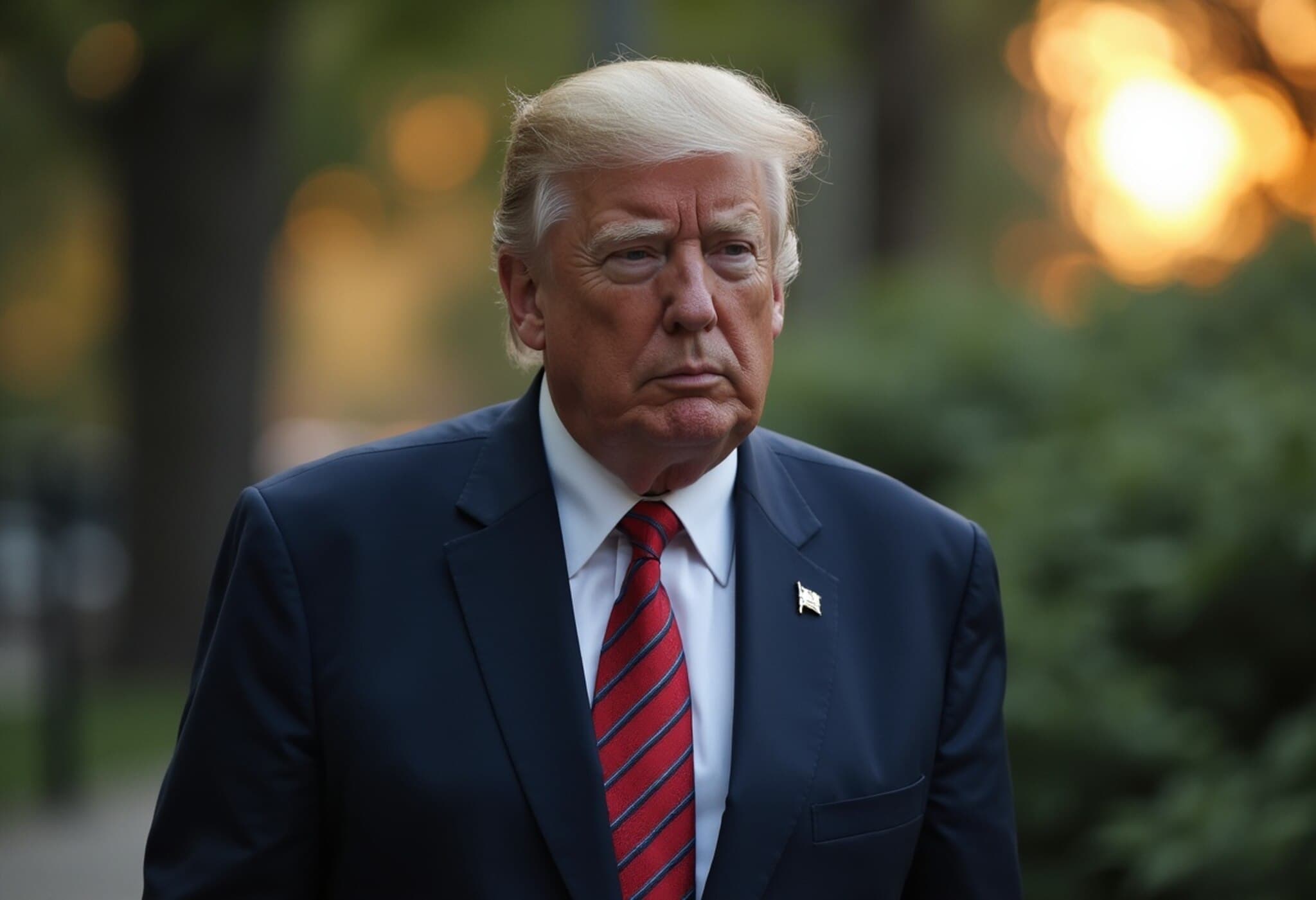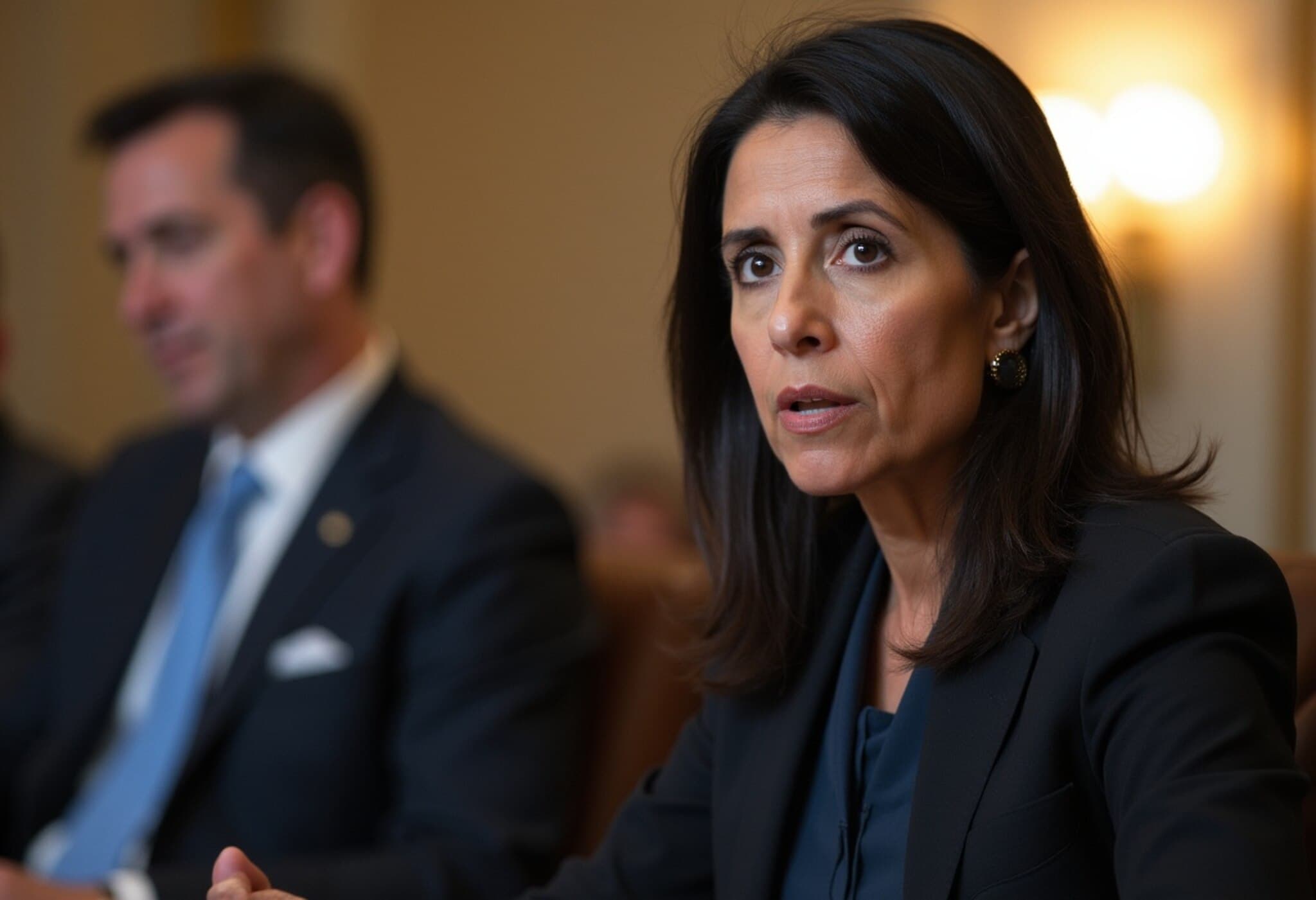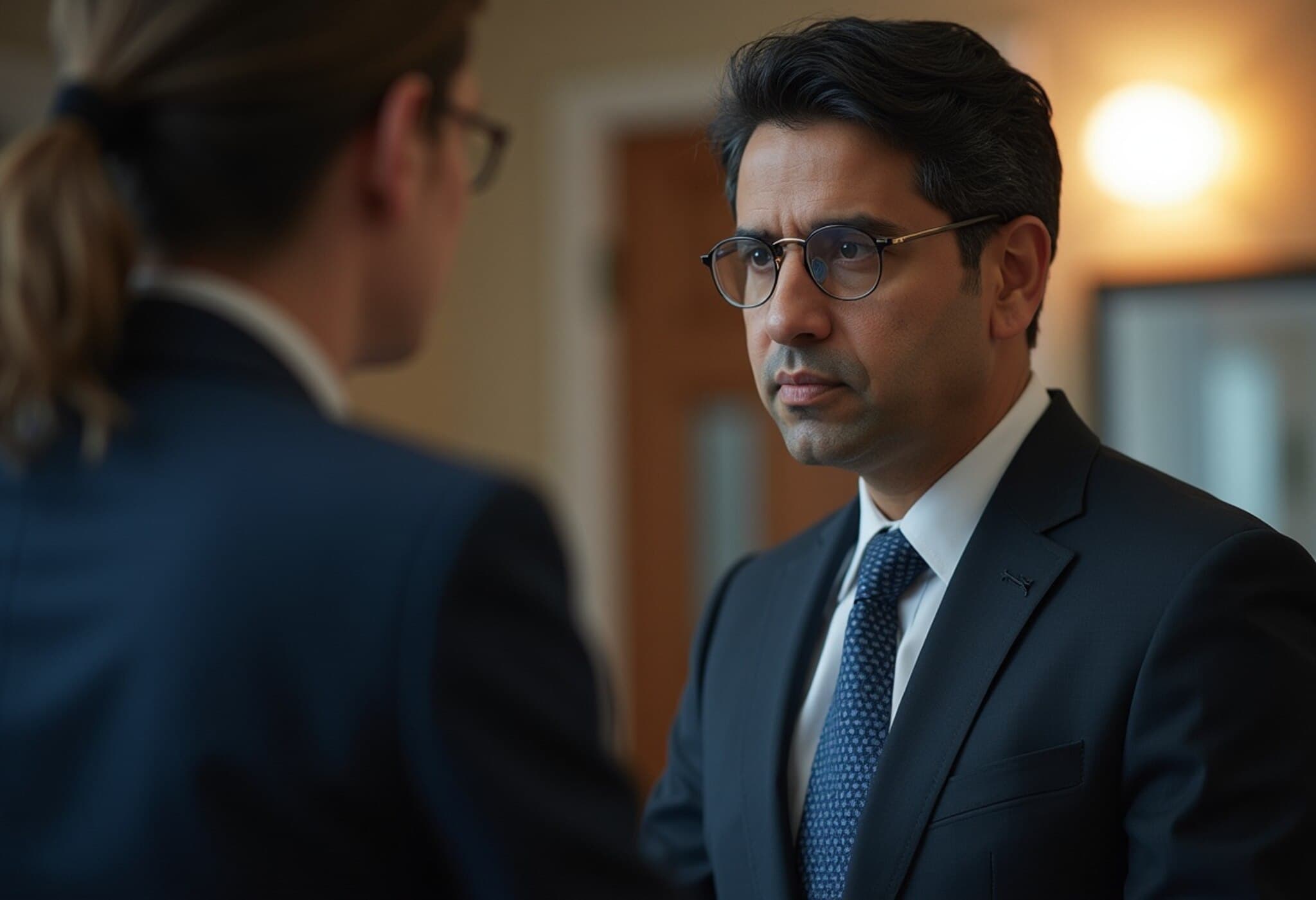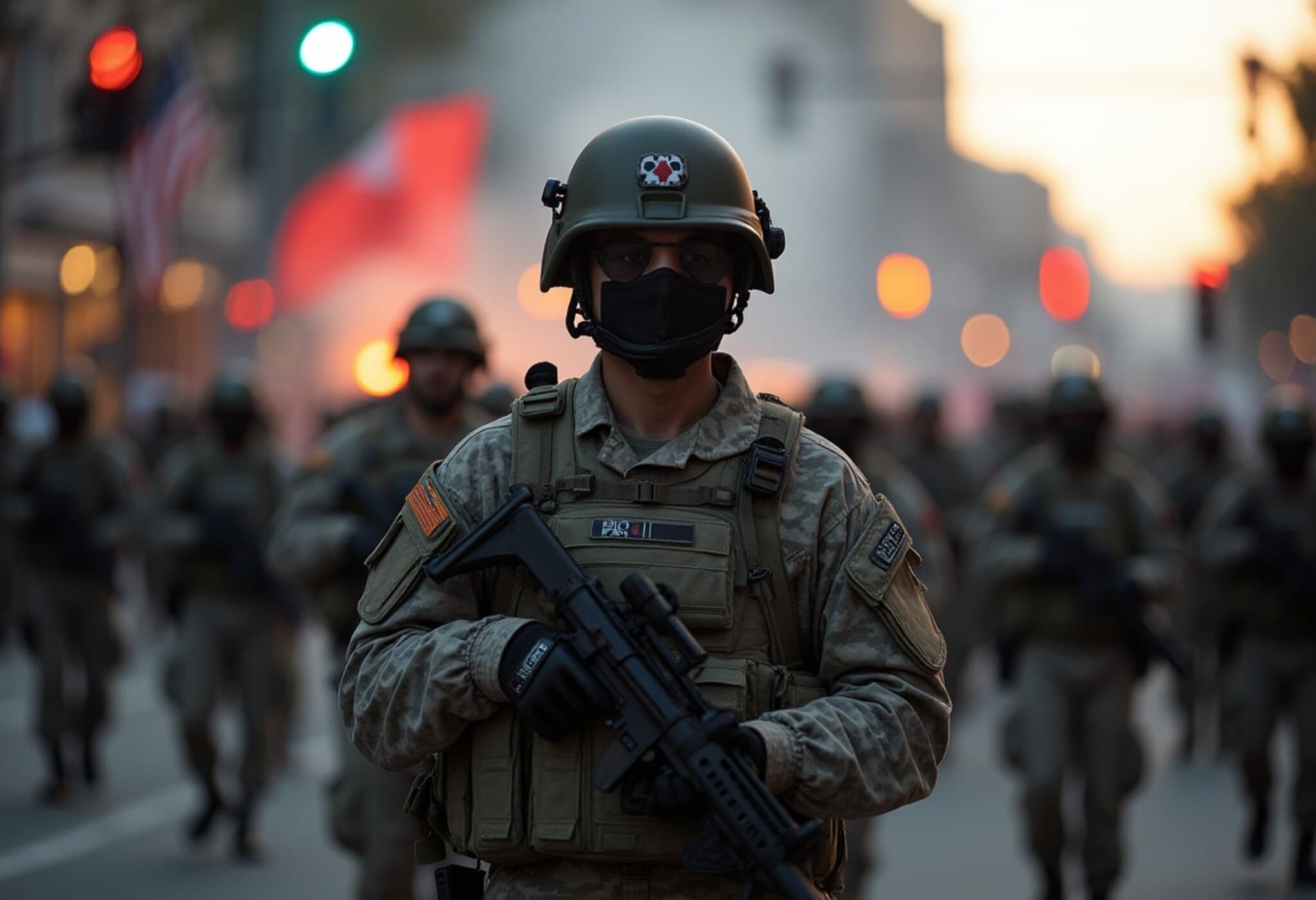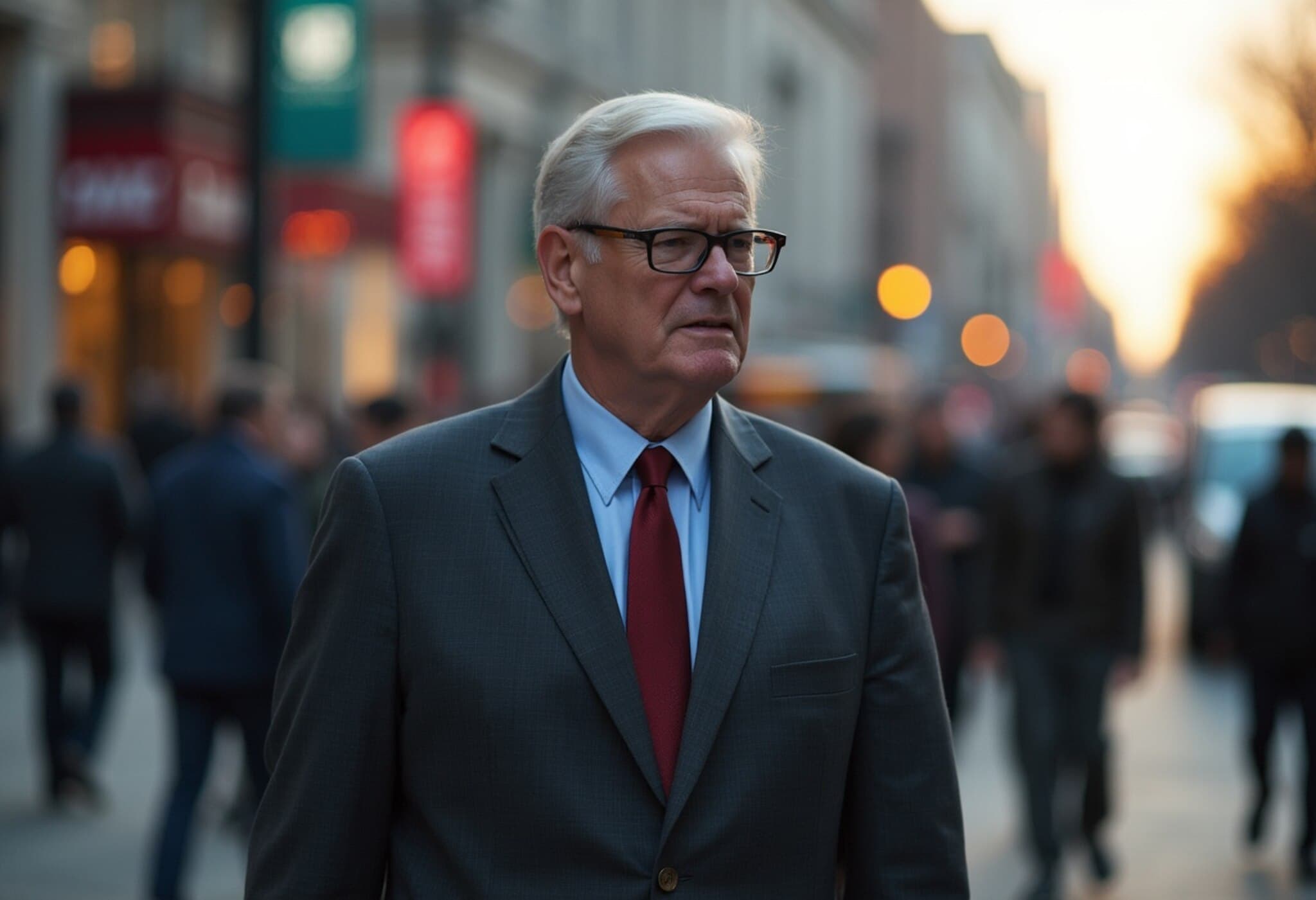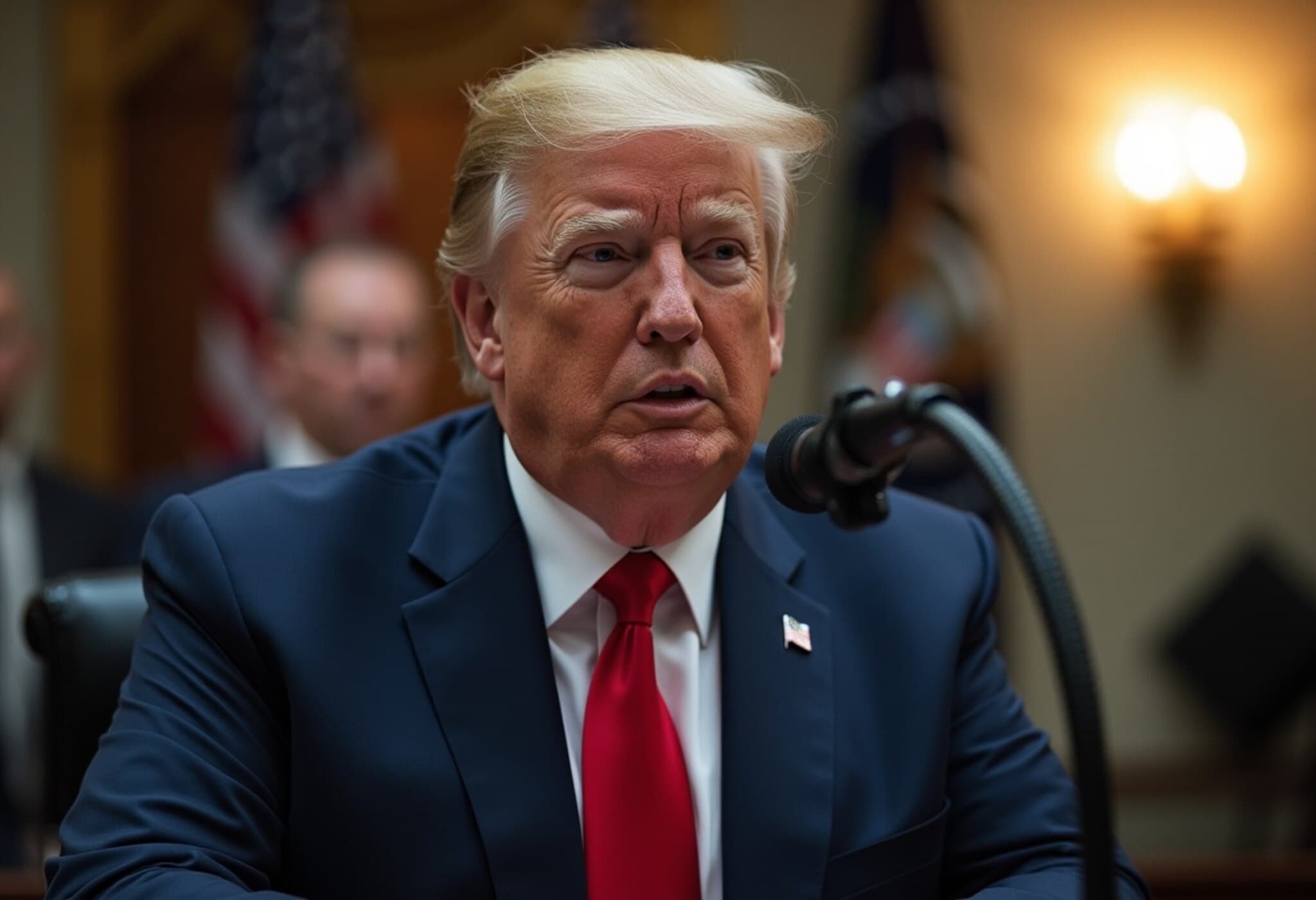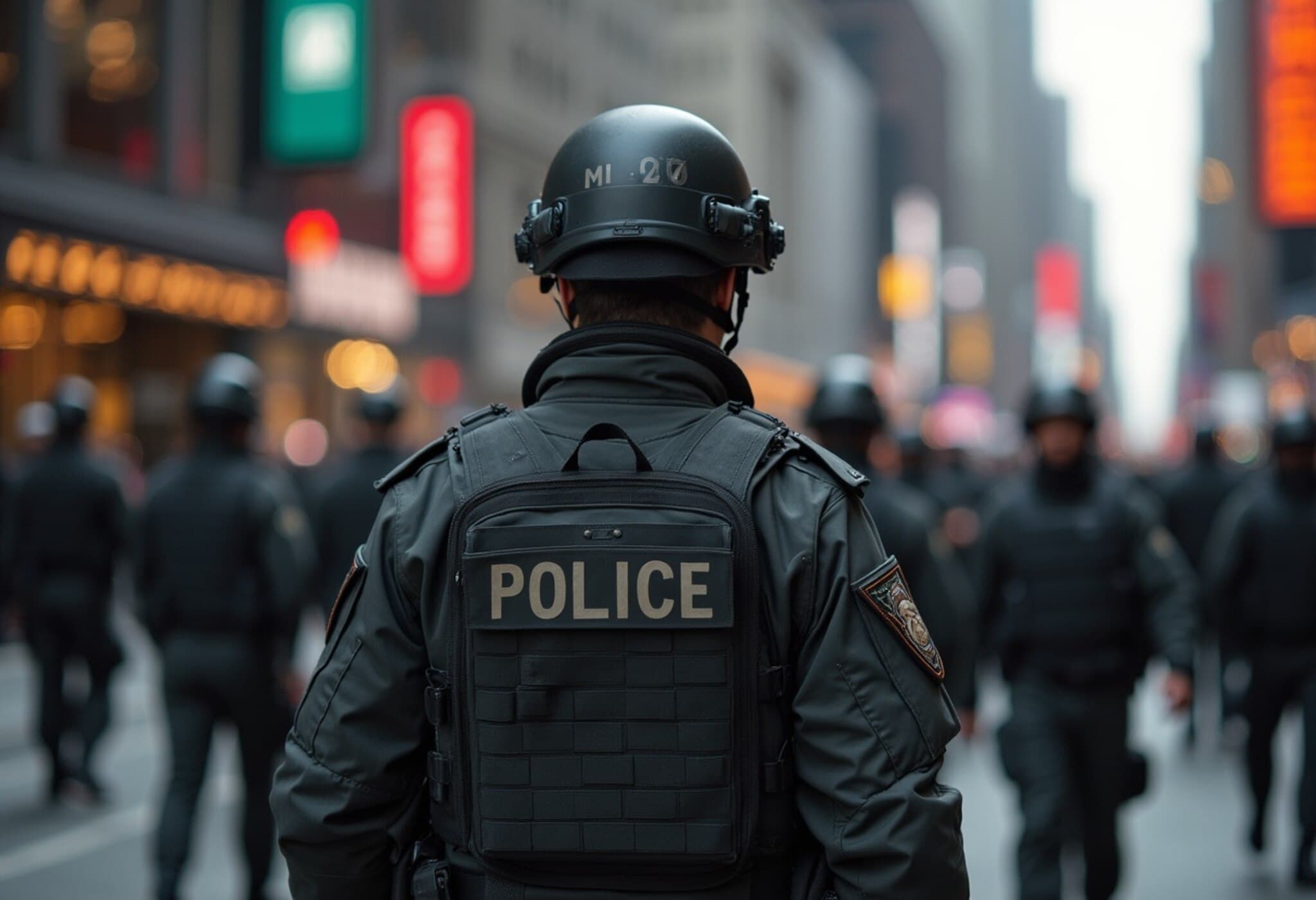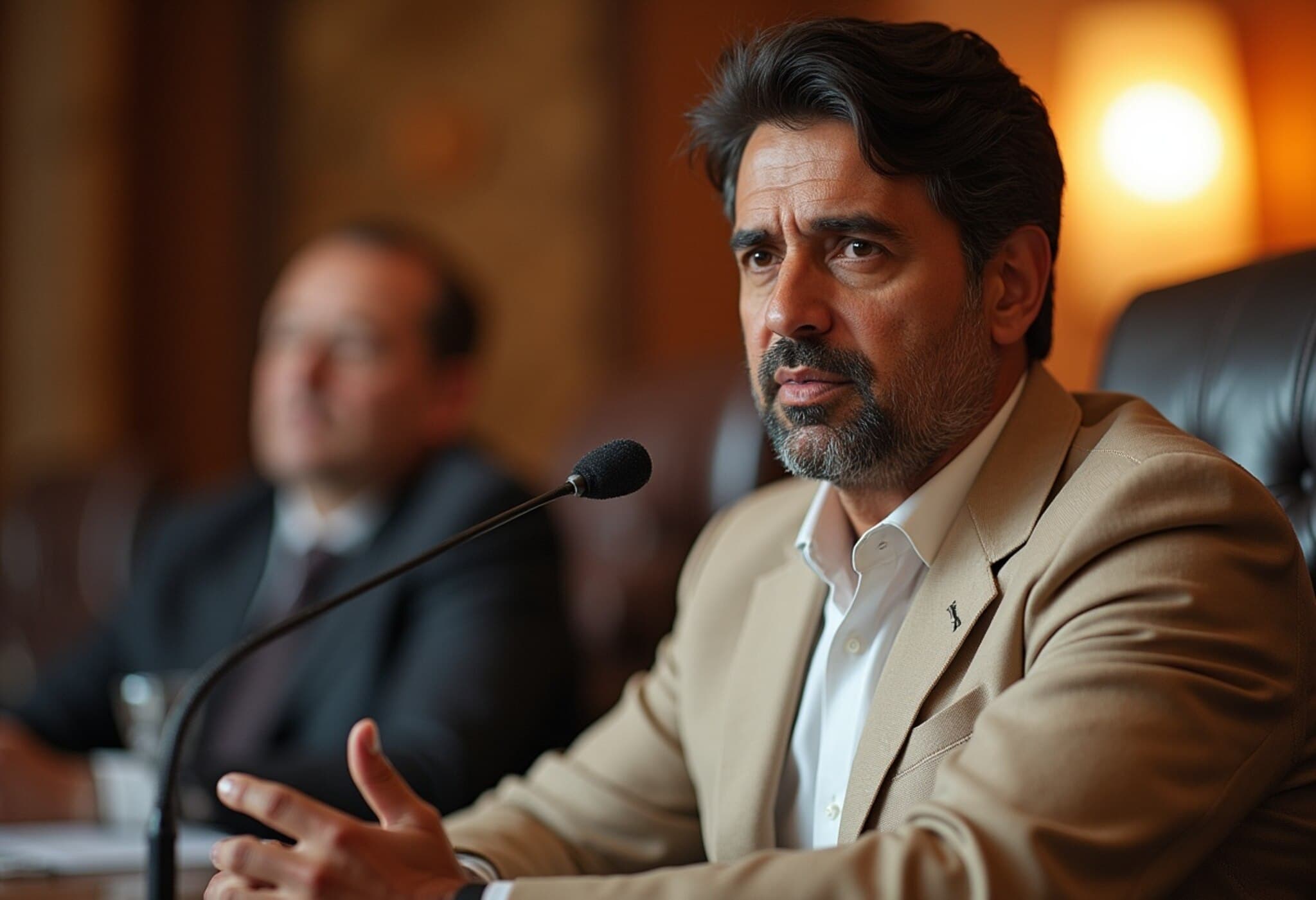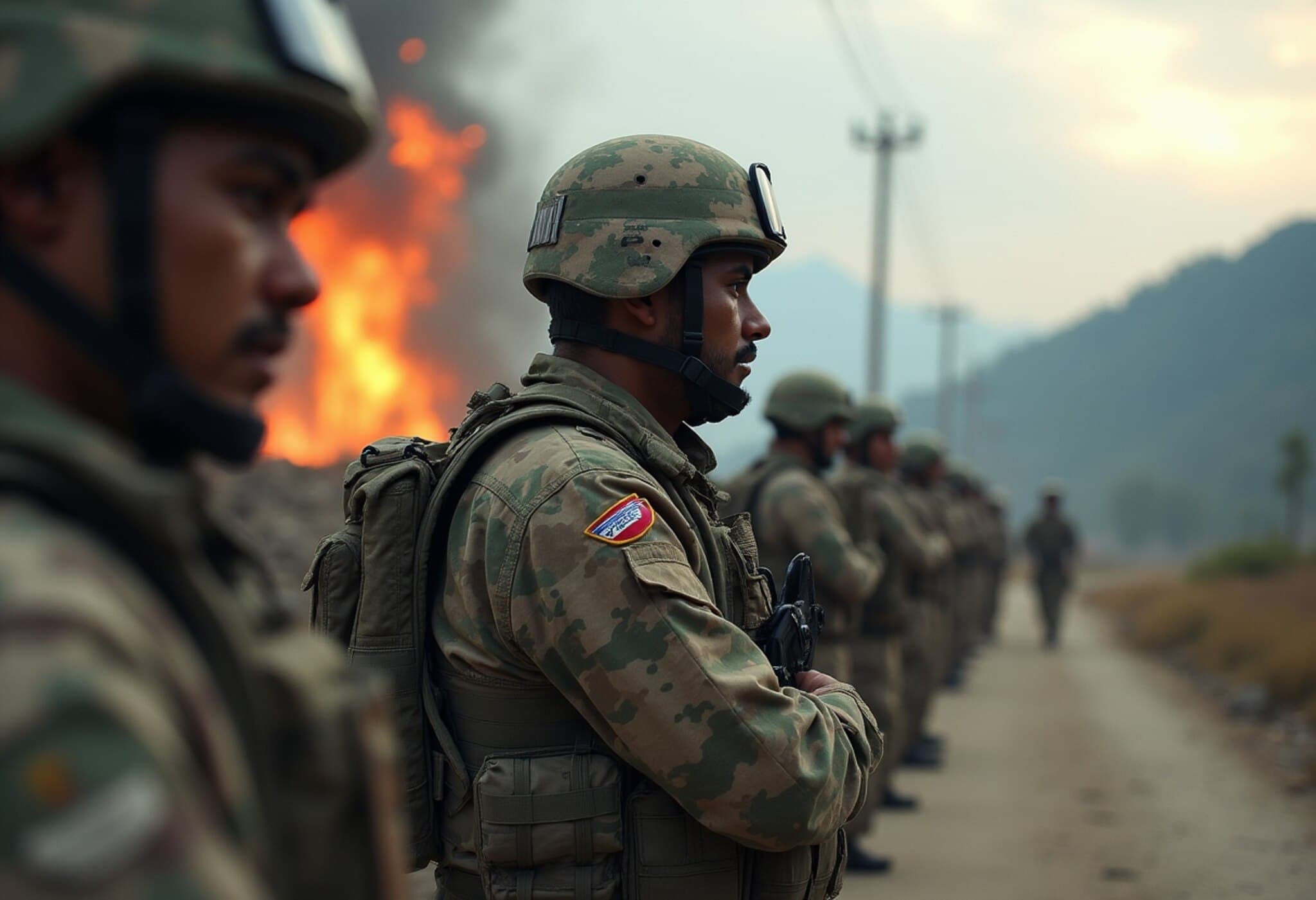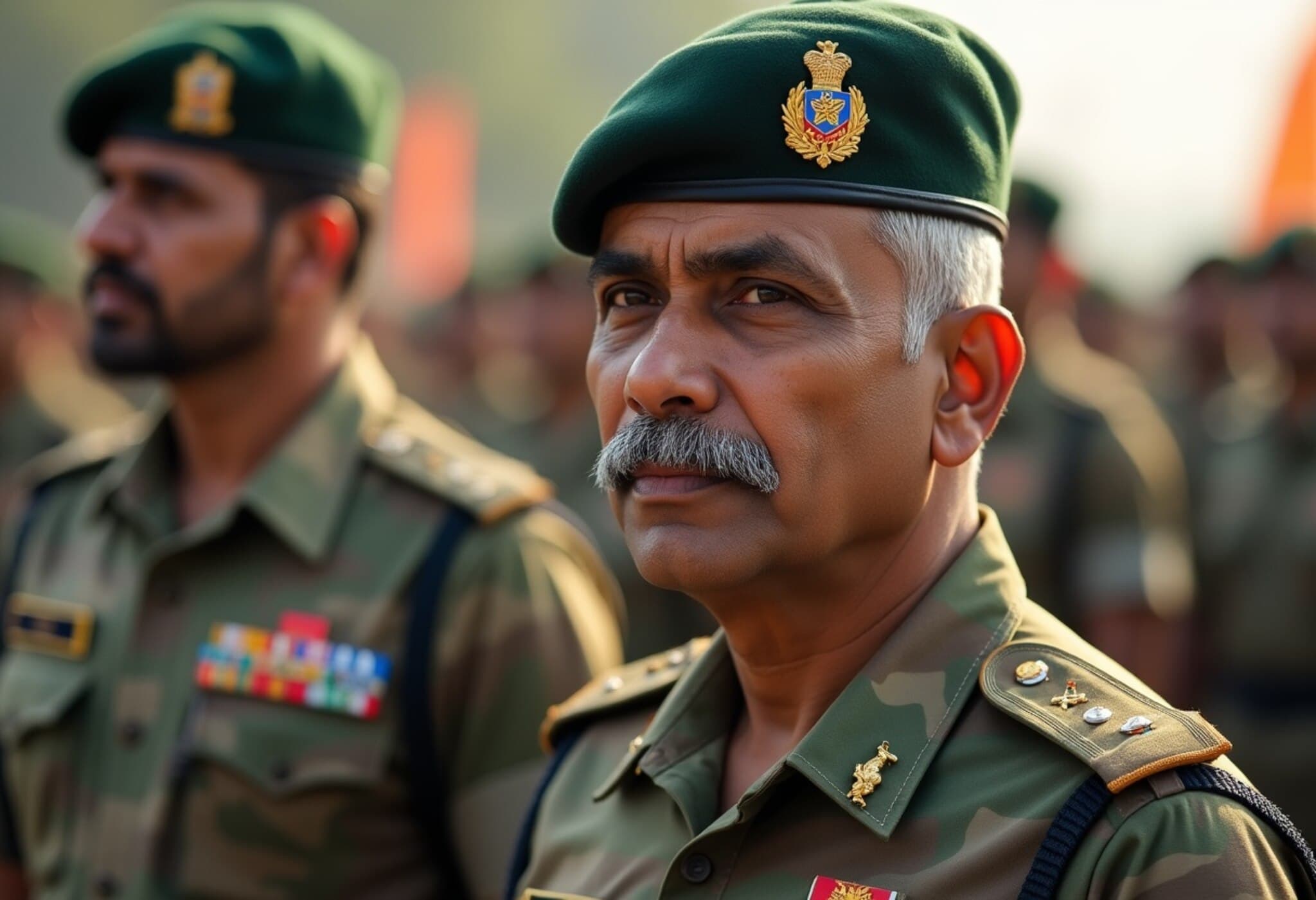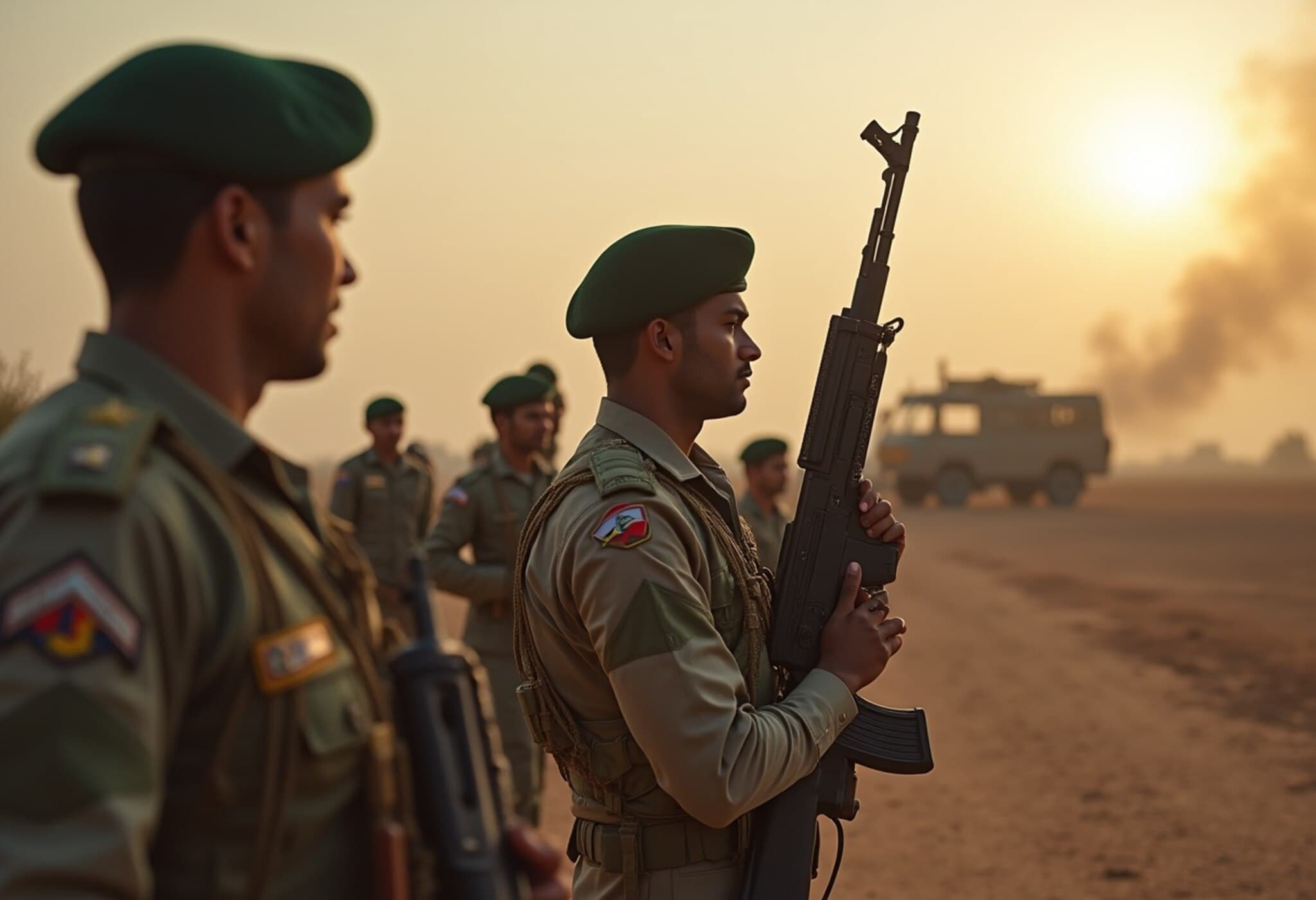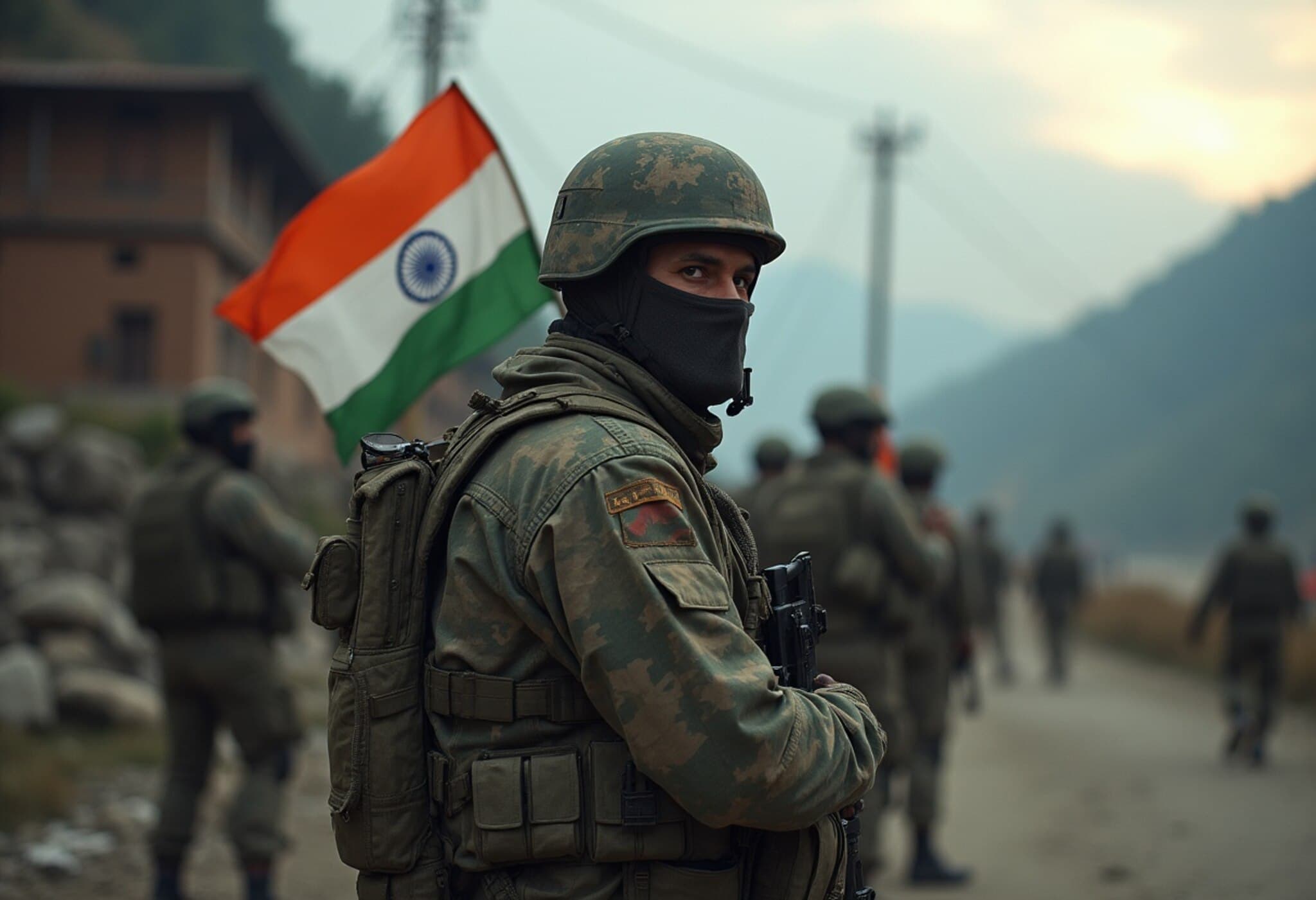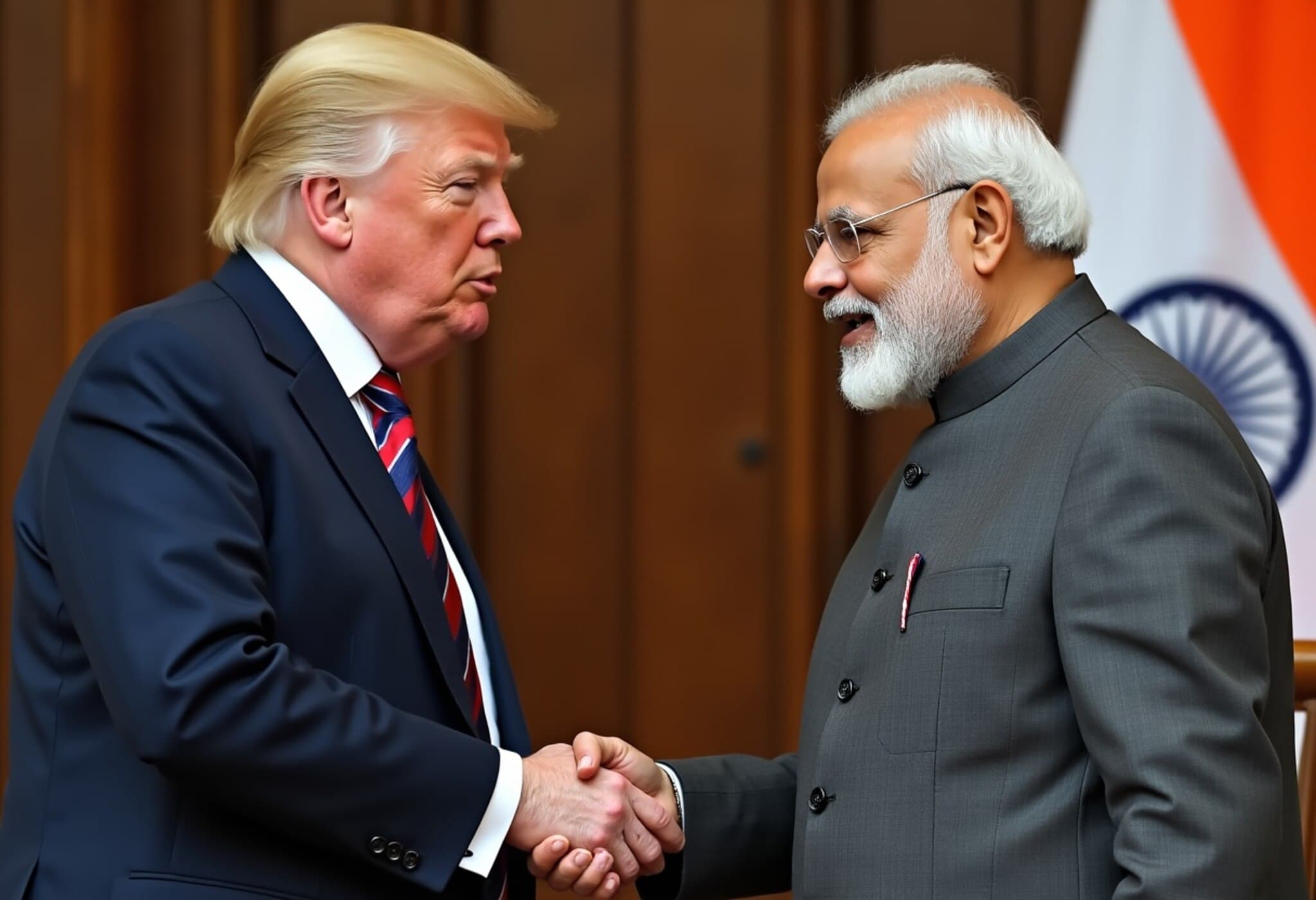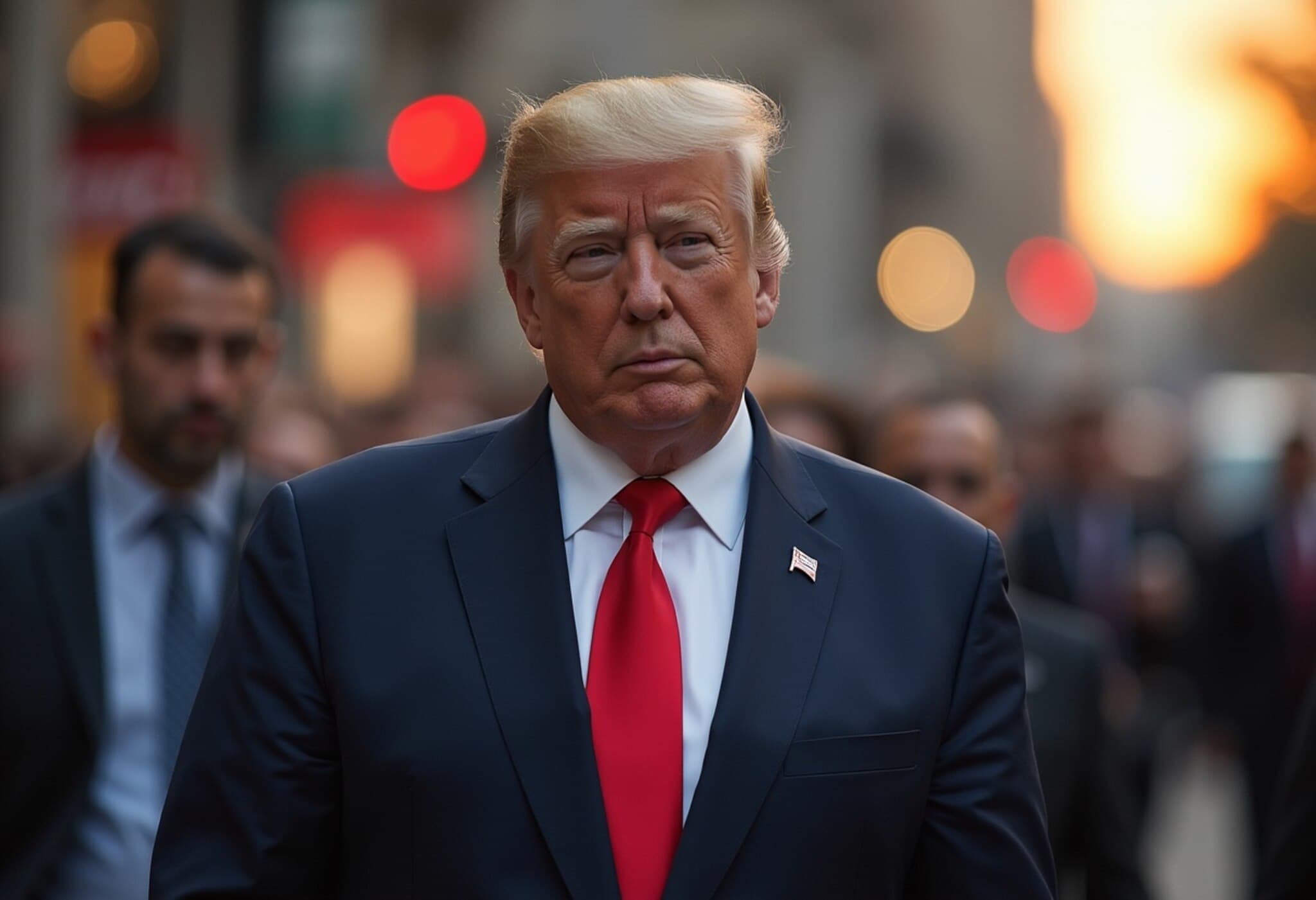Monsoon Session 2025 Kicks Off Amid High-Stakes National Security Discussions
As the Indian Parliament's monsoon session officially opens on July 21, 2025, expectations are soaring around two pressing issues: Operation Sindoor, India's military counter-response to the recent Pahalgam terror attack, and former U.S. President Donald Trump’s contentious claim of mediating a ceasefire between India and Pakistan. These topics are poised to dominate the political discourse and ignite spirited debates among lawmakers from across the spectrum.
Operation Sindoor: A Defining Moment in India’s Security Strategy
The Centre has expressed readiness to deliberate on Operation Sindoor, underscoring the government's commitment to transparency and accountability in national security matters. This operation, conceived as a robust tactical retaliation to the Pahalgam terror incident that shook the nation's security apparatus, represents a critical juncture in India’s ongoing counterterrorism efforts.
Union Parliamentary Affairs Minister Kiren Rijiju emphasized the government's openness: "We are prepared to discuss any issue of national significance, including Operation Sindoor and the Pahalgam attack. These affect the core of India’s safety and sovereignty." His statement after an intensive all-party meeting signaled Delhi’s focus on unified parliamentary engagement.
Cross-Party Calls for Clarity and Accountability
During the assembly, parliamentary heavyweights from various factions—including the Congress, Samajwadi Party, Left parties, the NCP (Sharad Pawar faction), and Shiv Sena (UBT)—joined forces in demanding a detailed discourse on the operation. Notably, even Shiv Sena MP Shrikant Shinde, aligned with the ruling NDA coalition, advocated for transparency by supporting the call for debate.
Trump’s Ceasefire Claims: Stirring Controversy and Questions of Sovereignty
Adding a complex layer to the session's agenda is Donald Trump’s recent assertion that he played a decisive role in brokering a ceasefire between India and Pakistan. This bold claim has raised eyebrows in New Delhi and amongst opposition leaders concerned about India’s international standing and security integrity.
Congress Deputy Leader in Lok Sabha, Gaurav Gogoi, voiced the opposition’s unease, stating: "We expect Prime Minister Narendra Modi to address Parliament directly—these are serious matters involving our nation's honor and the valor of our armed forces. Foreign claims on our security initiatives must be scrutinized." Gogoi also highlighted additional governmental accountability issues, such as the ongoing voter roll revision in Bihar, signaling that the opposition’s agenda extends beyond security concerns.
What Lies Ahead: Anticipating Government Responses and Broader Implications
While it remains uncertain if Prime Minister Narendra Modi will personally respond in Parliament, Defence Minister Rajnath Singh is expected to provide a comprehensive briefing on Operation Sindoor, which could set the tone for the session’s security debates.
Experts suggest this session may redefine parliamentary engagement on defense and foreign policy, bringing transparency to sensitive military operations while addressing the ripple effects of international political claims on India’s sovereignty. It also raises the question of how geopolitical narratives can impact domestic public opinion and policy-making.
Looking Beyond: Underreported Angles and Regional Relevance
- Media Literacy and Public Perception: How might Trump’s ceasefire claim influence Indian public trust in governmental narratives, and what role does the media play in mediating this trust?
- Security Protocols and Accountability: The Pahalgam attack exposed critical vulnerabilities; will parliamentary scrutiny lead to structural reforms within India's security apparatus?
- Opposition’s Role in Strengthening Democracy: Cross-party consensus on discussing national security indicates a pragmatic approach beyond partisan lines, highlighting democracy's resilience.
Editor’s Note
The 2025 monsoon session arrives at a pivotal moment, intertwining themes of national security, international diplomacy, and democratic accountability. As India navigates these challenges, the effectiveness of parliamentary debates and government transparency will be crucial in reinforcing citizen trust and fortifying the nation’s strategic posture. Observers and citizens alike should watch closely: this session could set new precedents for how India manages security crises amidst evolving global narratives.

